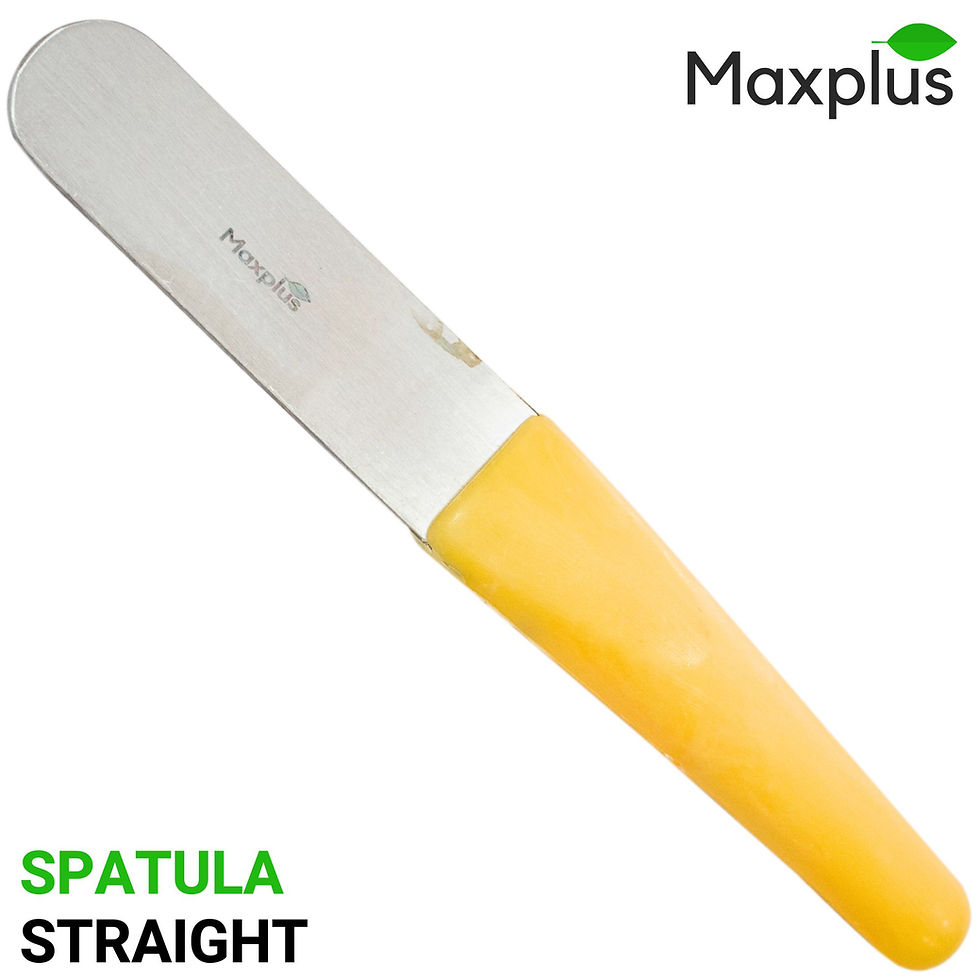Teat Dilator with Screw, a vital instrument for maintaining udder health in dairy animals.
This Veterinary Instrument is a crucial tool for addressing teat strictures, stenosis, or fibrosis, which can impede or block milk flow. Its unique screw mechanism allows for a precise, gradual dilation, minimizing trauma and ensuring a safe procedure for the animal.
Product Catagories:
Dilating Instruments
Specialized Veterinary Instruments
Udder and Teat Surgery Instruments
Is Also Known As:
Teat Spreader
Teat Expander
Teat Stricture Dilator
Teat Stenosis Dilator
Teat Canal Dilator
Goulet Teat Dilator
Key Features:
Precision Screw Mechanism
High-Quality Stainless Steel
Smooth, Blunt Tips
Ergonomic Handle
Max Plus | TEAT DILATOR WITH SCREW | Vaterinary Instrument
Buy 20 get 10% off
Uses
-
Treatment of Teat Strictures and Stenosis: It is used to gradually widen a teat canal that has become abnormally narrow due to injury, scar tissue, or congenital conditions.
-
Addressing "Hard Milkers": Animals that are difficult to milk due to a tight teat sphincter can be treated with this dilator to ease milk flow and reduce milking time.
-
Post-Surgical Dilation: Following surgery on the teat (e.g., tumor removal), a dilator is often used to prevent the canal from healing shut and to maintain a functional diameter.
-
Maintenance of Teat Patency: For animals with chronic issues, periodic dilation can be performed to maintain the patency of the teat canal and prevent recurring obstructions
-
How To Use
Using the Teat Dilator with Screw requires a sterile environment and a gentle approach to avoid causing pain or injury to the animal.
-
Preparation: The instrument must be thoroughly cleaned and sterilized. The animal’s teat should also be prepped with a veterinary antiseptic solution.
-
Insertion: The closed, blunt tips of the dilator are carefully and gently inserted into the teat canal.
-
Dilation: Once the tips are in place, the screw mechanism is slowly turned. This gradually separates the jaws, gently expanding the teat canal. The practitioner should use a steady, slow motion to avoid causing trauma.
-
Removal: Once the desired dilation is achieved, the screw is turned in the reverse direction to close the jaws, and the instrument is carefully removed.
-
Post-Procedure Care: The teat should be disinfected again, and appropriate post-procedure care should be followed to prevent infection.
-

































